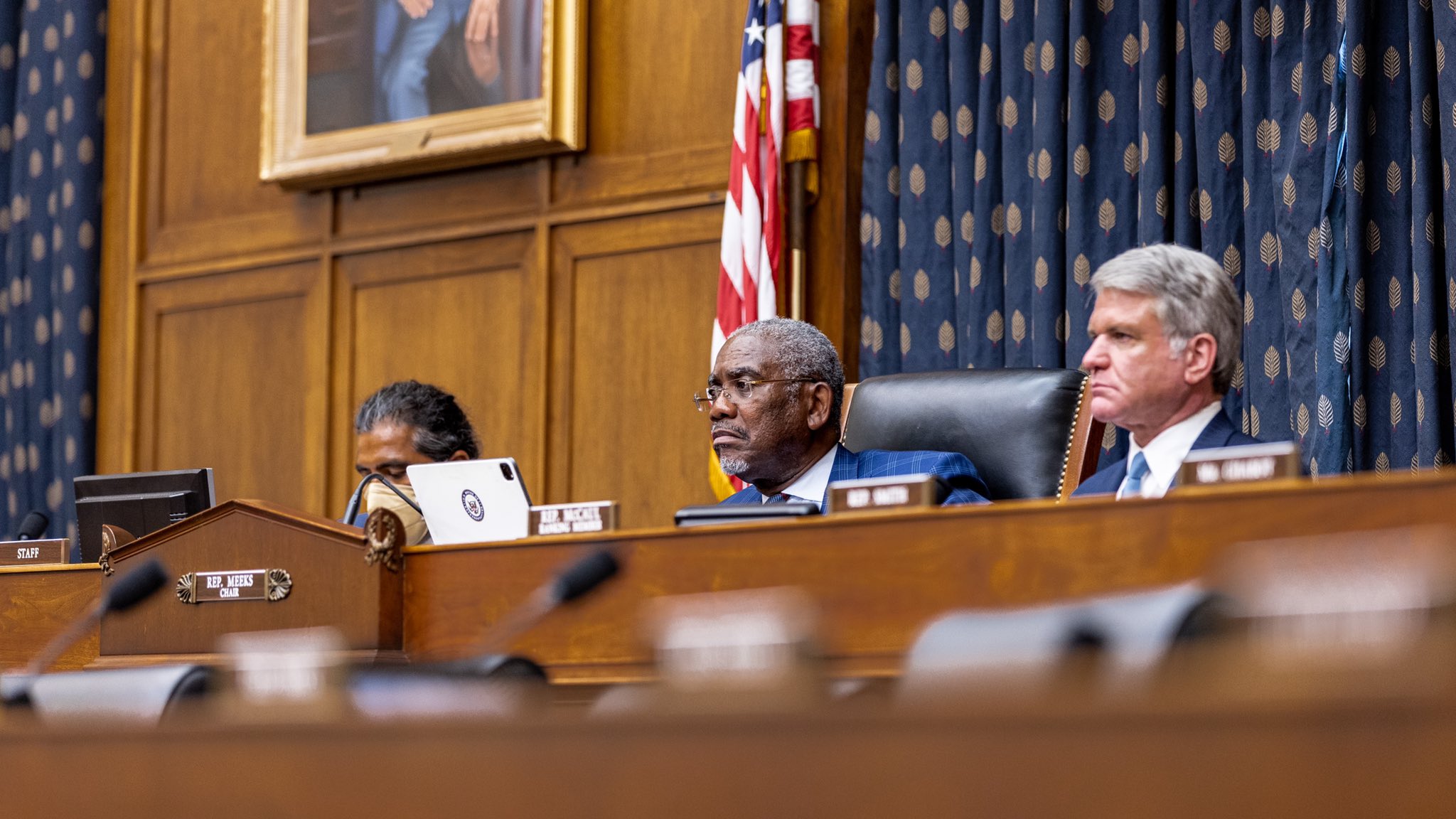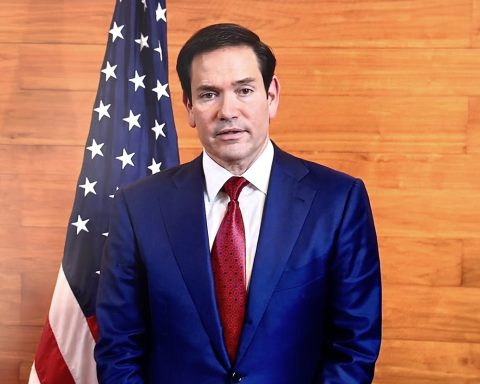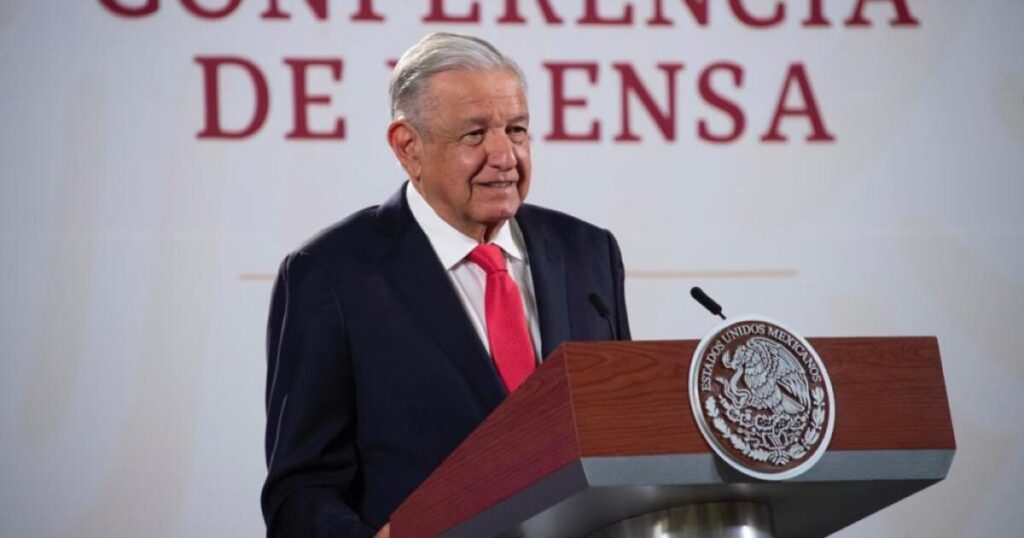The United States House of Representatives rejected this Thursday an amendment that would have suspended the ban to finance agricultural sales to Cuba.
Amendment 137 to HR 8294, presented by the Democratic congresswoman from Michigan, Rashida Tlaib, did not prosper when receiving a vote of 260-163, according to a report from Latin Press.
chairs @RepGregoryMeeks and @RepMcGovern urgent support for Amendment #137 to HR 8294, which funds the @USTreasury and its Office of Foreign Assets Control (OFAC), which would suspend enforcement of the prohibition on financing of agricultural sales to Cuba. pic.twitter.com/ZpHXFE0glx
— House Foreign Affairs Committee (@HouseForeign) July 19, 2022
On his Twitter account, Tlaib thanked Representatives Gregory Meeks (Democrat of New York), chairman of the House Foreign Affairs Committee, and Jim McGovern (Massachusetts), chairman of the Rules Committee, for the support they gave to the amendment.
“This would help alleviate the food shortage in Cuba and help agricultural producers in the United States, including many here in Michigan,” the congresswoman said on the social network.
Meeks and McGovern offered their support for the amendment, which was previously included in numerous bills, including the Republican-co-sponsored Cuba Agricultural Exports Act, according to a press release from the House Foreign Affairs Committee.
“We strongly support this amendment to end the United States government’s ban on financing agricultural sales to Cuba. This common sense legislation, which has been supported on both sides of the aisle and by farm groups across the country for more than a decade, would create thousands of farm jobs in America while providing desperately needed food at lower cost to the people. Cuban,” the statement explains.
In addition, it underlines that “Cuba is facing its most devastating economic crisis in thirty years, forcing tens of thousands of Cubans to spend hours in line waiting for food every day. In the last six months we have seen a wave of Cubans fleeing to the US-Mexico border. This amendment would help ease the economic burden by suspending export regulations on US agricultural products and granting credit to Cuban food buyers for one year.”
According to official data, agricultural exports to Cuba had increased by 88% from 2020 to 2021, but the most recent statistics show that the Caribbean country occupies only 53rd place on the world list of buyers of US agricultural products, according to Paul Jhonson , leader of the United States-Cuba Agricultural Coalition.


















